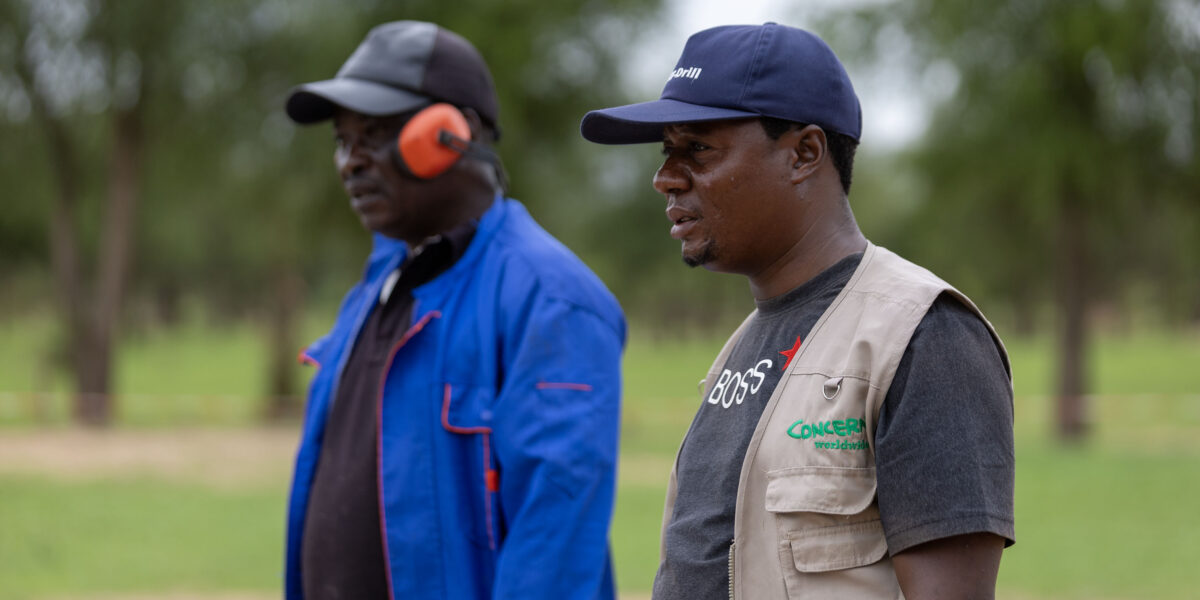By Dominic MacSorley, Concern Humanitarian Ambassador.
World Humanitarian Day – an annual event on the anniversary of the bombing of the UN headquarters in Baghdad on 19 August 2003, pays tribute to those who have died while serving in humanitarian missions and gives special recognition to the courage of humanitarian workers everywhere who continue to protect, feed, shelter, heal and assist millions of people around the world despite the very real dangers they face.
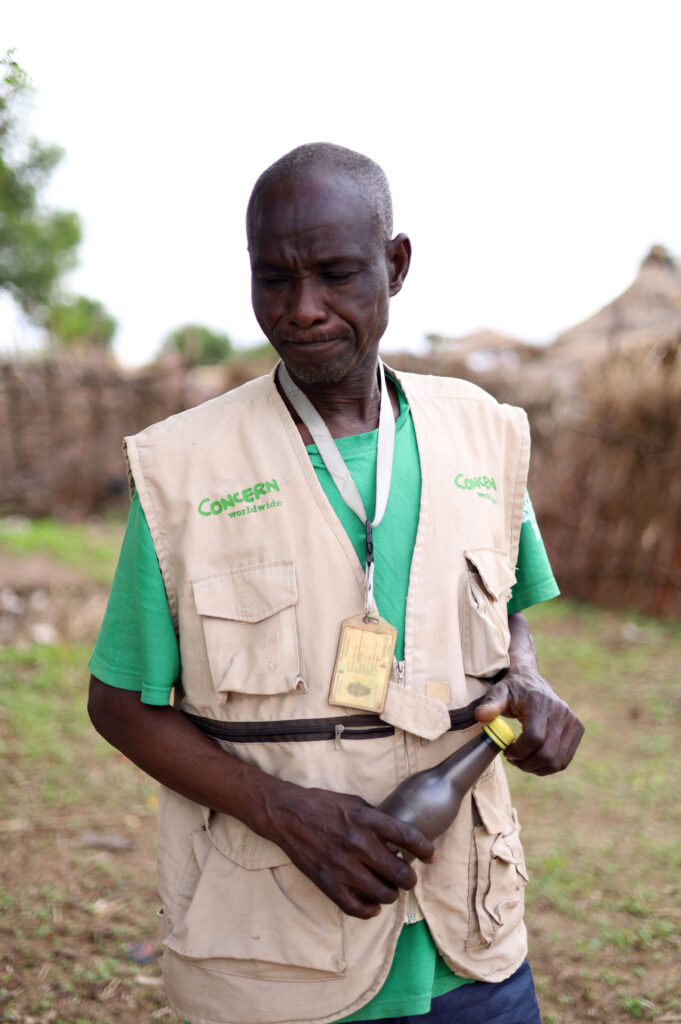
For Concern Worldwide, we pay tribute to those who paid the ultimate price in saving the lives of others. Among them Valerie Place, a young nurse who was killed 25 years ago while volunteering with Concern in Somalia, which was in the grip of a devastating famine. Valerie was gunned down in a roadside attack travelling to Baidoa, the epicenter of the famine. She was 23 years old.
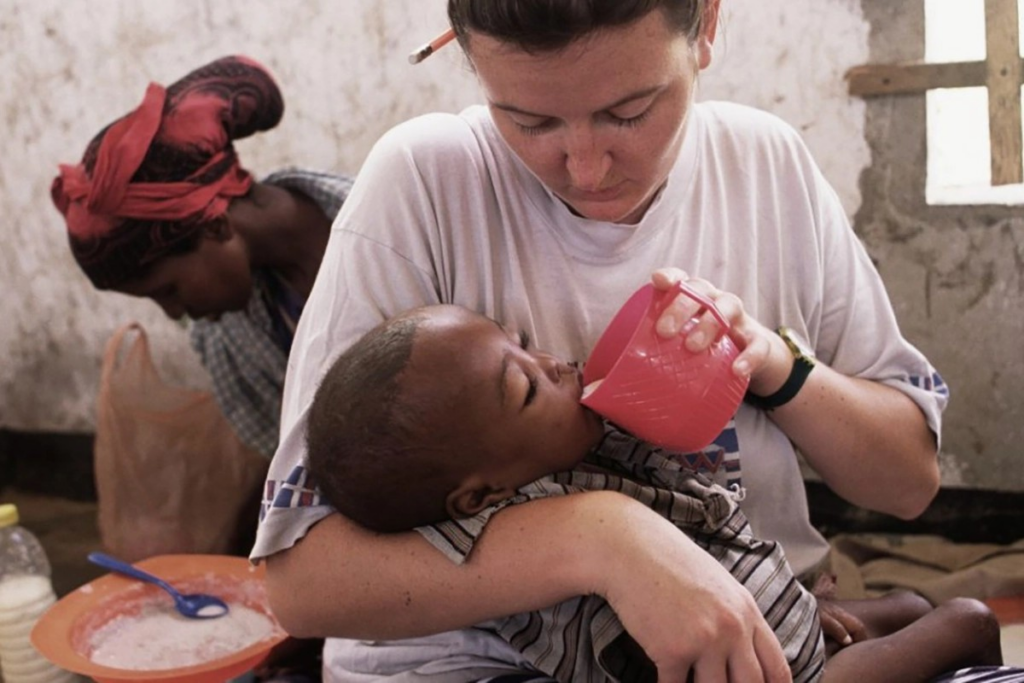
Recently, I was reminded again of this tragic loss from an unexpected source when Edward, a Dublin taxi driver, asked me if I knew Valerie Place. “I’ll never forget that name”, he said. Edward had served with the Irish Peacekeeping contingent based at Camp Shannon in Baidoa in 1993. When Valerie was killed, it was the Irish Army who were called to transport her body to Mogadishu. Edward was one of those who had lifted her stretcher, and he remembered her earrings, the colour of her hair, and how a strand of it had gotten caught up in one of her earrings. He was tempted to straighten her hair – he wanted her to look her best. As I got out, he said, “If you ever meet her parents, will you tell them that we treated their daughter with the utmost care and respect?”. The legacy of loss is deep and wide.
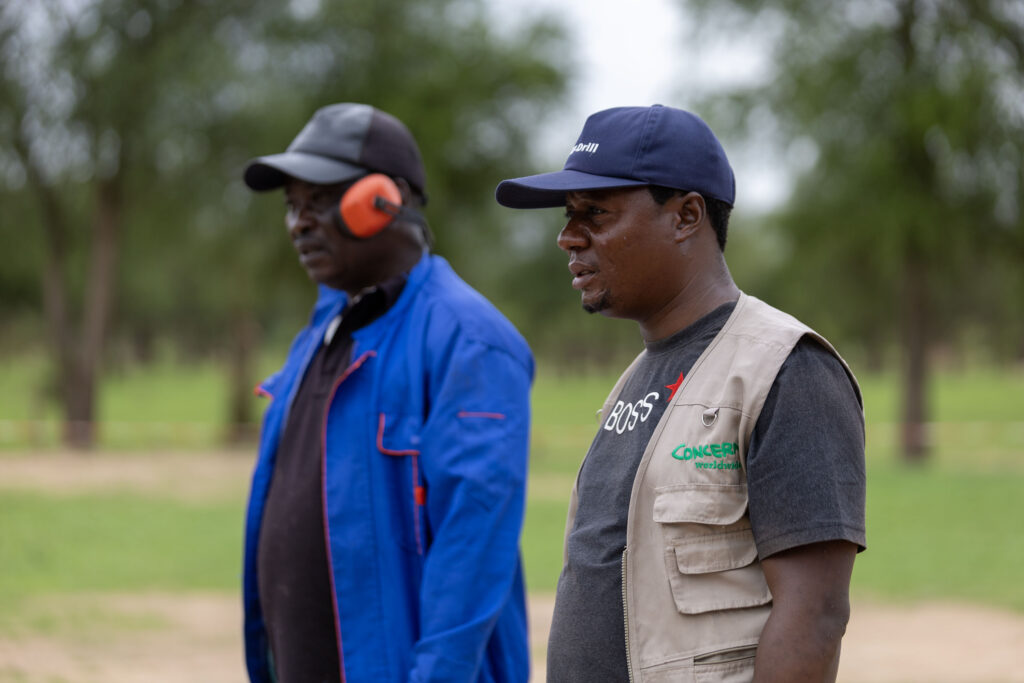
The world has changed in the decades since, but not for the better. The past three years have been the most violent since the end of the Cold War. Media attention has largely focused on Ukraine and Gaza, but Sudan, Haiti, Yemen, Burkina Faso, and the Democratic Republic of the Congo are only some of the many countries where conflict is raging. Diplomatic efforts to end these conflicts are failing or have been abandoned, and despite 76 years of international law to protect civilians and aid workers, a culture of impunity has had devastating consequences for civilians and humanitarian aid workers on the frontlines of crisis and responses to them.
2024 was the deadliest year on record for humanitarian aid workers, with more than 383 people killed. Gaza and Sudan account for the highest numbers, and 2025 is on track to be worse. While we repeat these grim statistics every year, the fear is that it no longer shocks. Killing aid workers, it seems, is now normalised.
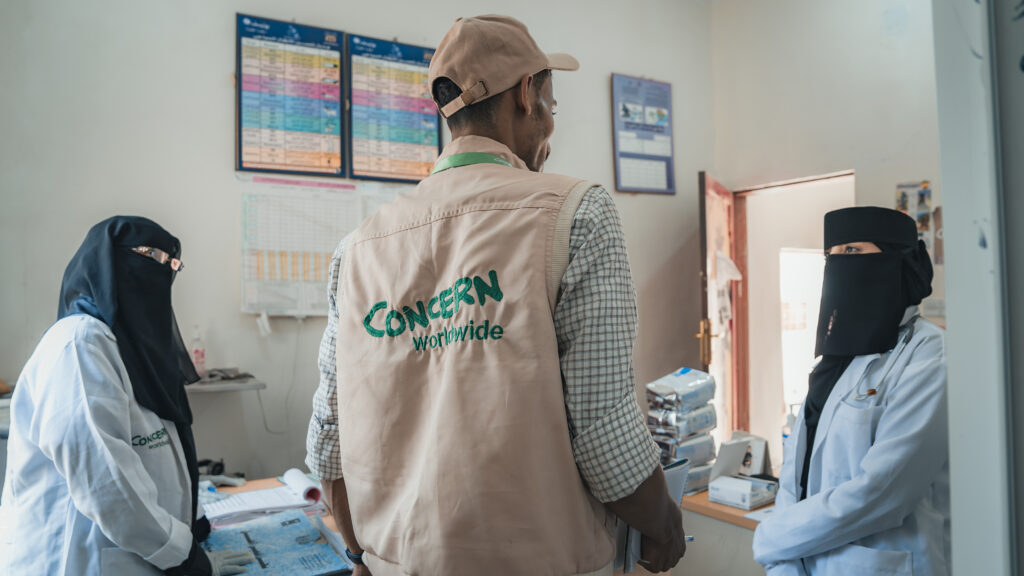
Our work in responding to humanitarian crises – to save lives and reduce suffering – is now under attack, overstretched, and underfunded. At a time when the international community should be increasing funding for humanitarian security risk management measures, including training, protective gear, and supporting psychological well-being, funding levels are being drastically cut.
Protecting humanitarian workers is inseparable from protecting the people they serve. Beyond the tragic loss of life, attacks on humanitarians have far-reaching consequences, often cutting off access and critically needed relief assistance to communities on the brink of survival.
This World Humanitarian Day, along with all our UN, Alliance2015, and NGO partners, we renew our call for those with influence to:
- Protect all humanitarian aid workers and the humanitarian assets that facilitate their work, as called for by UN Security Council Resolution 2730.
- Stop attacks on civilians and civilian infrastructure.
- Ensure all parties involved in armed conflict, including those who supply or carry weapons, fully comply with international humanitarian law.
- Hold perpetrators to account. The international community must act collectively and decisively to end impunity and #ActForHumanity.
- Guarantee sustained, safe, and unhindered humanitarian access. Humanitarian actors must be able to reach people in need without obstruction, intimidation, or delay – especially amid growing security risks, funding shortfalls, and bureaucratic barriers.
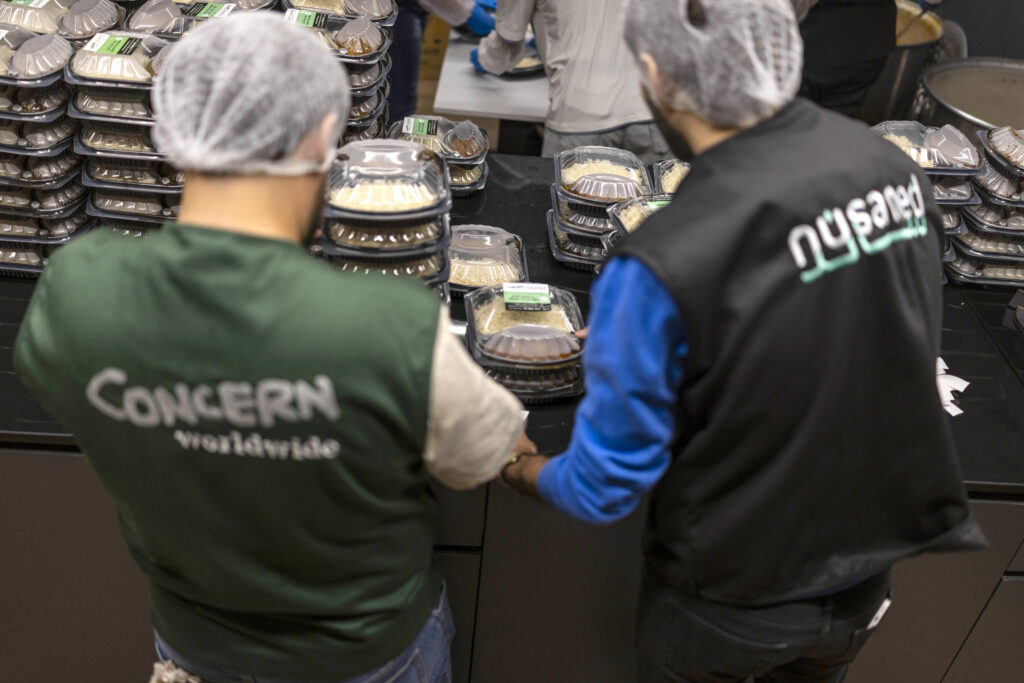
While violations of international humanitarian law continue, every red line crossed meets with impunity and indifference. Humanitarian organisations like Concern will keep doing what we can, where we can – providing humanitarian aid for the most vulnerable populations and advocating with others to challenge the normalization of humanitarian attacks, civilian suffering, and impunity for violations of international humanitarian law.
Alliance2015 members have been actively delivering humanitarian aid on the ground throughout this year, responding to crises with speed, dedication, and care: read more here.

